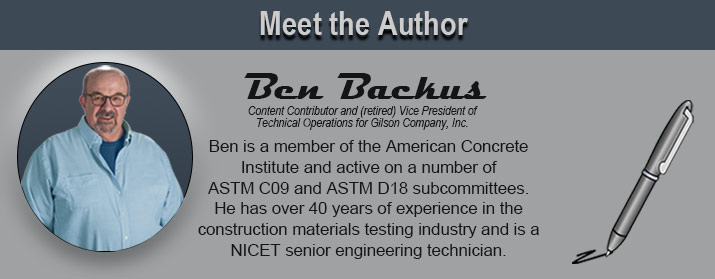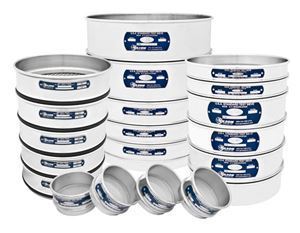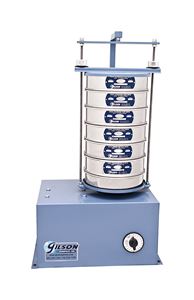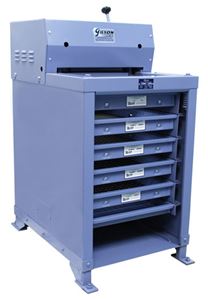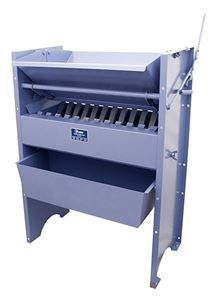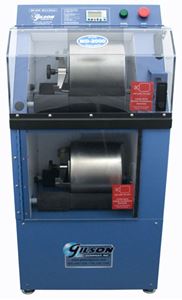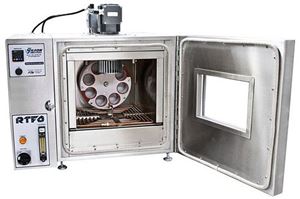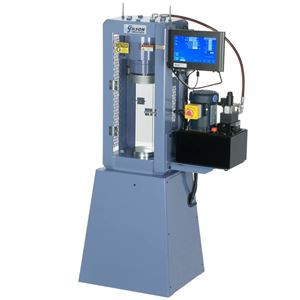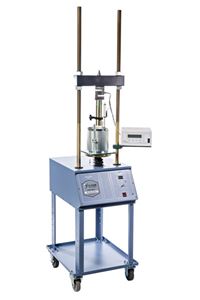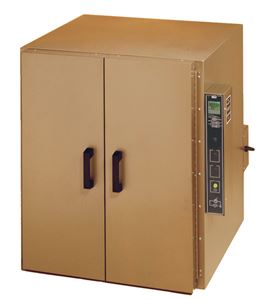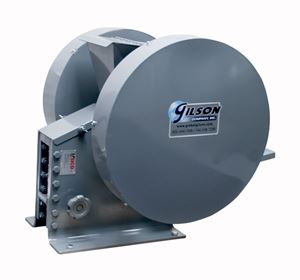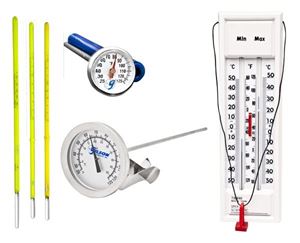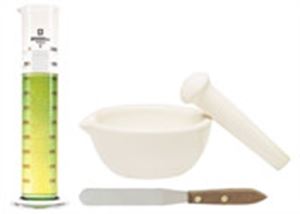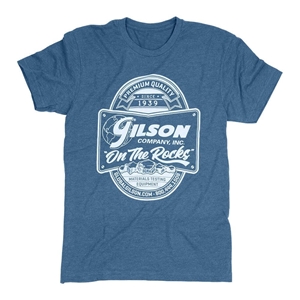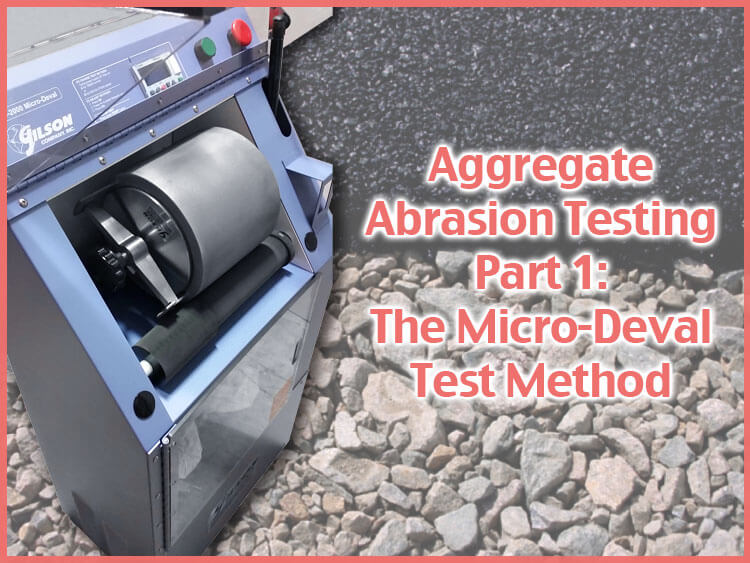
Why is Abrasion Testing Important?
Today’s roads must withstand the test of time as they undergo significant wear and tear resulting from heavy traffic, environmental forces, and numerous other factors. During the design phase, it can be difficult to predict how these materials will perform in such conditions. One of the best ways to ensure quality paving materials begins with the evaluation of aggregates used in hot-mix asphalt (HMA).
Aggregates in HMA must be durable enough to stand up to production, transportation, and construction processes, as well as the long-term effects of loads and environmental stress. This type of testing is also useful to detect changes in aggregate properties as part of quality control or quality assurance program. Abrasion testing of aggregates allows the direct determination of many of the most important factors affecting durability.
What is Abrasion Testing?
Abrasion testing measures the relative quality and durability of mineral aggregates when subjected to abrasion and impact. There are two popular tests widely used today. The Los Angeles (L.A.) Abrasion Test follows ASTM C131 and C535, or AASHTO T 96 and T 401 test methods. The Micro-Deval Test complies with ASTM D7428 and D6928, or AASHTO T 327. Other agencies such as Texas DOT or the Province of Ontario MOT also have published test methods. The values derived from either of these procedures will provide you with specific information about the durability of a sample aggregate.
Samples are prepared to combine specific masses of particle size fractions, processed in the devices according to the relevant test methods, then washed over a specified sieve to determine percentage loss from abrasion.
In this post, we’ll focus on the Micro-Deval Test. Be sure to check back for our follow-up post about the L.A. Abrasion Test, coming soon!
What is the Micro-Deval Test?
In recent years, the Micro-Deval Test has gained acceptance and popularity as an economical and accurate procedure for aggregate abrasion testing. The basis for this method was developed in France during the 1960s and provides a measure of toughness, abrasion resistance, and durability of mineral aggregates as they are ground with steel balls in the presence of water.
What is Abrasion Loss?
Abrasion loss is determined by measuring the amount of degraded material passing a 1.18mm (No. 16) or 75µm (No. 200) sieve after the test.
Materials yielding a low loss in the test are unlikely to show significant degradation during handling, mixing, or placing, and will allow a better long-term performance of pavements. There are separate test methods for fine or coarse aggregate materials.
How Does the Micro-Deval Test Work?
A sample is prepared by separating into individual size fractions of the required masses. Typically prepared sample sizes are 500g for fine aggregate and 1,500g for coarse aggregate.
- The sample is immersed in tap water for a minimum of 1 hour in the Micro-Deval Jar or other suitable container.
- An abrasive charge of magnetic stainless steel balls is added to the prepared test sample with the water. The operator then secures the cover and places the Micro-Deval Jar on the machine.
- The Micro-Deval machine is set to rotate the jars at 100rpm for a specified length of time or for a specified total number of revolutions.
- At completion, the sample is carefully washed over a specified sieve and percentage loss is determined by comparing the oven-dried mass of the retained sample to the original total sample weight. The 75µm (No. 200) sieve is used for fine aggregates, and a 1.18mm (No. 16) sieve is used for coarse fractions.
- Micro-Deval testing requires a supply of calibration aggregate, which may be developed from a local source. The calibration aggregate must be compared through testing to a Laboratory Reference Aggregate, available from the Ontario, Canada Ministry of Transportation.
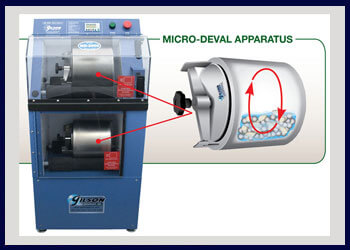
What Are The Benefits?
Both the L.A. Abrasion Test and the Micro-Deval Test offer unique benefits. Smaller equipment size, lower sample quantities, and a simple procedure are just a few benefits to using the Micro-Deval Test. It’s also possible for operators to run two samples through a Micro-Deval Apparatus simultaneously, for increased efficiency and cost-effectiveness.
What Equipment Should Be Used?
Our Recommendation:
Gilson's Micro-Deval Apparatus which features:
- Lexan™ doors with safety interlocks to enclose the dual testing chambers and no moving parts are exposed during operation
- Controlled test duration with elapsed time or by total jar revolutions using the multi-function electronic controller and optical sensing
- Strict compliance with current ASTM, AASHTO, Canadian and Texas DOT requirements
- Smaller equipment size and lower sample quantities provide a simple, cost-effective operation
- A magnet is included for smooth removal of abrasive charge after testing
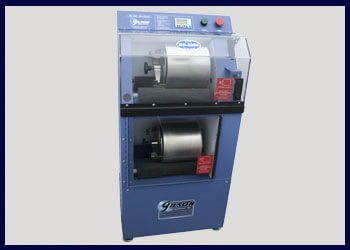
Regardless of which method you choose, abrasion testing serves as a great indicator of how your materials will react to wear and tear over time and will be an important aspect of your quality control process.
Gilson Is Here to Help
Contact our testing experts for more information or to discuss your testing application.
Testing Resources
Standard Test Methods, Specifications, and Practices
Individual test methods and specifications referenced in our product descriptions, blog articles, and videos are available for review or purchase from the professional organizations noted.
- ASTM International (American Society for Testing and Materials)
- AASHTO (American Association of State Highway and Transportation Officials)
- ACI (American Concrete Institute)
- State DOTs (Departments of Transportation)
- ISO (International Organization for Standardization)
- BS (British Standards)
- EN (European Standards)
